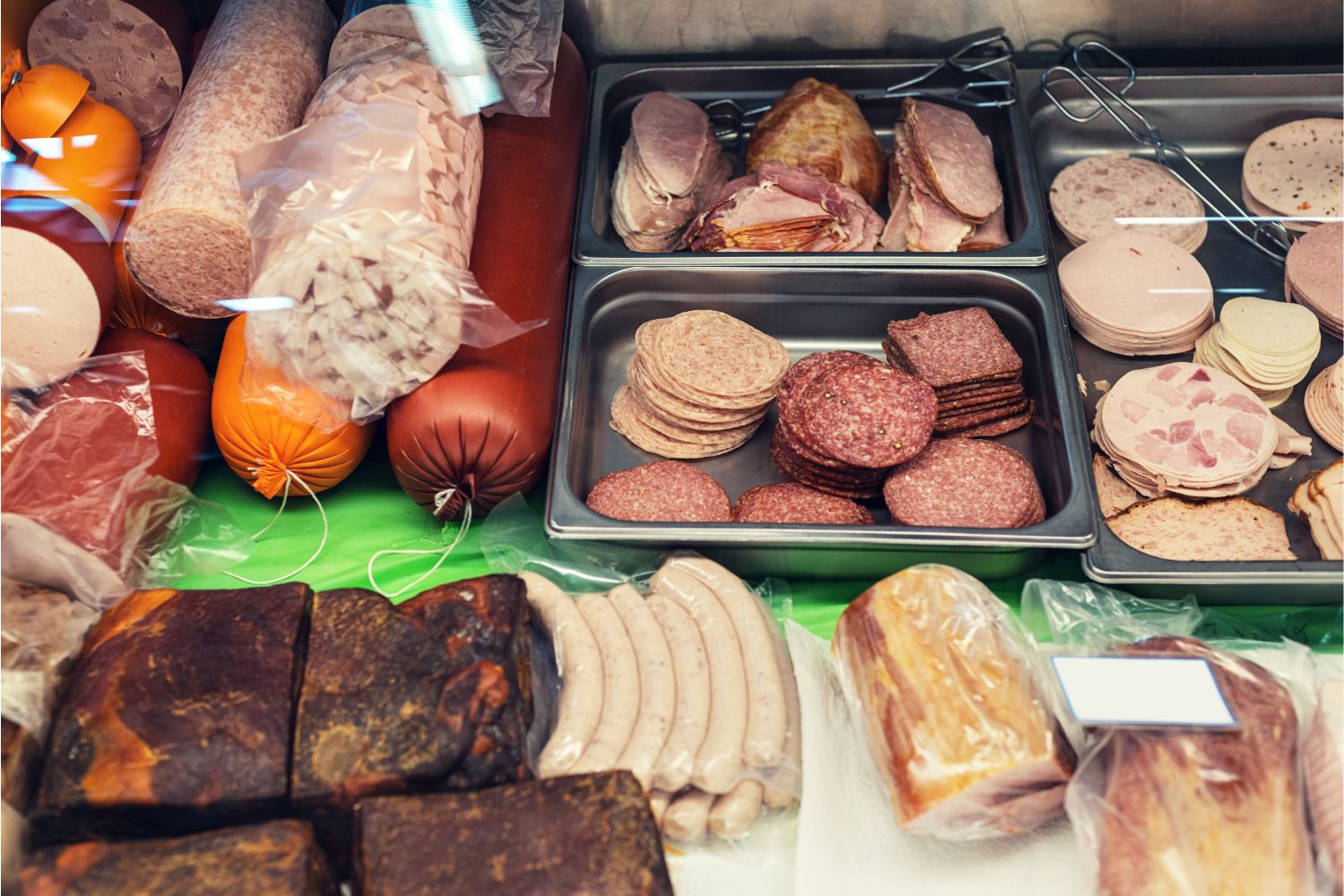A US lawsuit against food giants accused of making addictive ultra-processed foods was dismissed, marking a win for corporations but keeping the debate alive.

French fries, packaged cookies, sodas and more — foods that have become fixtures in many households — are increasingly under scrutiny. Scientists have long warned against them, labeling them ultra-processed foods (UPFs). And now, these products are at the center of a fierce debate: how much do they really affect our health, and where does the responsibility of the corporations that produce them begin and end?
In the United States, this debate recently reached a courtroom in what could have been a landmark case. A teenager from Philadelphia, Bryce Martinez, sued some of the world’s largest food companies, accusing them of deliberately engineering their products to be addictive. His fight, however, ended in defeat — a decision that marks a significant victory for the ultra-processed food lobby.
The lawsuit
Martinez filed a complaint against 11 giants of the food industry — Kraft Heinz, Mondelēz, Coca-Cola, PepsiCo, Nestlé, General Mills, Kellanova, WK Kellogg, Mars, Post Holdings, and ConAgra. He argued that their products were deliberately designed to foster addiction, targeting children and vulnerable communities most of all.
According to Martinez, his constant exposure to these foods led him to develop type 2 diabetes and fatty liver disease by the age of sixteen. The accusation drew an unmistakable parallel: just as tobacco companies once engineered cigarettes to maximize consumption while downplaying risks, food multinationals had allegedly done the same with UPFs.
That link is not incidental. In the 1980s, tobacco giants like Philip Morris and RJ Reynolds acquired Kraft, Nabisco, and General Foods. This legacy, the lawsuit claimed, shaped the corporate culture of the food industry.
The brands cited were among the most iconic in the global market: Oreo cookies and Ritz crackers from Mondelēz, Doritos from PepsiCo, Coca-Cola, Kit Kat from Nestlé, and even Heinz Ketchup. In total, the case pointed to over one hundred labels.
The verdict: a win for multinationals
District Judge Mia Perez dismissed the case on the grounds that it was too broad. While it listed more than a hundred products, it failed to demonstrate a direct cause-and-effect link between Martinez’s consumption of any specific item and his health problems. In legal terms, the case lacked the smoking gun.
For the corporations, it was a sigh of relief. Through the Consumer Brands Association, the defendants called the lawsuit “baseless,” insisting that branding foods as harmful just because they are “processed” risks misleading consumers. They also emphasized that, to this day, there is no universally accepted definition of what qualifies as an ultra-processed food.
On the other side, Martinez’s lawyers vowed to continue the battle.
“The evidence proving these products’ addictive capacity is convincing, and we remain confident in the strength of our case,” said attorney Mike Morgan, speaking after the ruling.
An uncomfortable precedent
The Martinez case was widely seen as a test run for future legal challenges against UPFs. Its rejection therefore represents a judicial and political victory for the food industry, which feared a ruling that could have triggered a wave of similar lawsuits.
For now, the ultra-processed food lobby has held its ground, avoiding what could have been a major blow to both its reputation and profits. Still, the growing scrutiny from scientists, journalists, and the public suggests this debate is far from over. And like tobacco before it, the story of ultra-processed foods may eventually be written not in the courtroom, but in the court of public opinion.
Sources: Court of Common Pleas of Philadelphia County / Reuters
